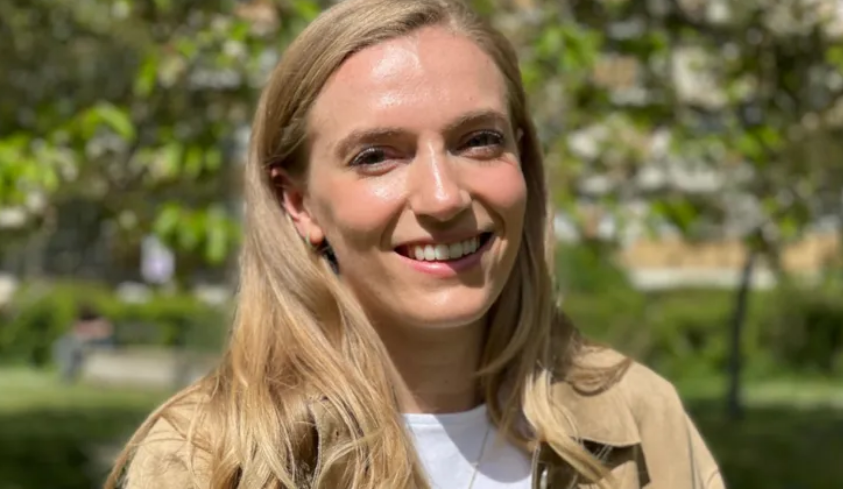A young doctor from Bristol has regained her vision after years of debilitating eye problems, thanks to a groundbreaking diagnostic test that uncovered a rare bacterial infection missed by conventional methods.
Ellie Irwin, 29, had endured chronic inflammation in her right eye since 2019, suffering blurred vision and a steady decline in her quality of life. Despite a battery of treatments—including steroid eye drops and intravenous immunosuppressants—her symptoms persisted, leaving doctors puzzled and Ellie on the verge of losing her eye.
“It was completely dominating my life,” she told the BBC. “At one point, I even considered having the eye removed.”
The breakthrough came after a doctor at Southmead Hospital suggested using a “last resort” test known as metagenomics. The advanced technique, which uses genome sequencing to scan for all possible pathogens in a fluid sample, identified a rare strain of leptospirosis—a bacterial infection more common in South America.
Ellie likely contracted the infection while swimming in the Amazon River during a trip to Ecuador and Colombia in 2018. With a definitive diagnosis at last, she was treated with a three-week course of antibiotics. Within days, the inflammation subsided and her vision began to recover.
“I just cried,” she said. “I never imagined it would be something treatable.”
The sample from Ellie’s eye was sent to the metagenomics lab at Great Ormond Street Hospital in London—the only UK facility formally accredited for such testing. The service, developed by virologist Professor Judy Breuer and her team at GOSH and University College London, is one of only a few in the world and is currently used in the most complex diagnostic cases.
Professor Carlos Pavesio, a consultant ophthalmologist at Moorfields Eye Hospital, hailed Ellie’s case as a breakthrough. “We treat many patients with chronic infections that we cannot diagnose. This is a game-changer in how we identify and treat rare diseases.”
Though each test costs around £1,300, experts believe the cost will fall as the technology becomes more accessible. Dr Julianne Brown, principal clinical scientist at GOSH, said: “In the future, metagenomics could become a first-line test—fast, cheap and transformative.”
Now fully focused on her training as a GP, Ellie recently celebrated her wedding in Newcastle, coinciding with the city’s Carabao Cup celebrations. “It was the perfect day,” she said.
Medical experts hope Ellie’s story highlights the life-changing potential of next-generation diagnostic tools.


